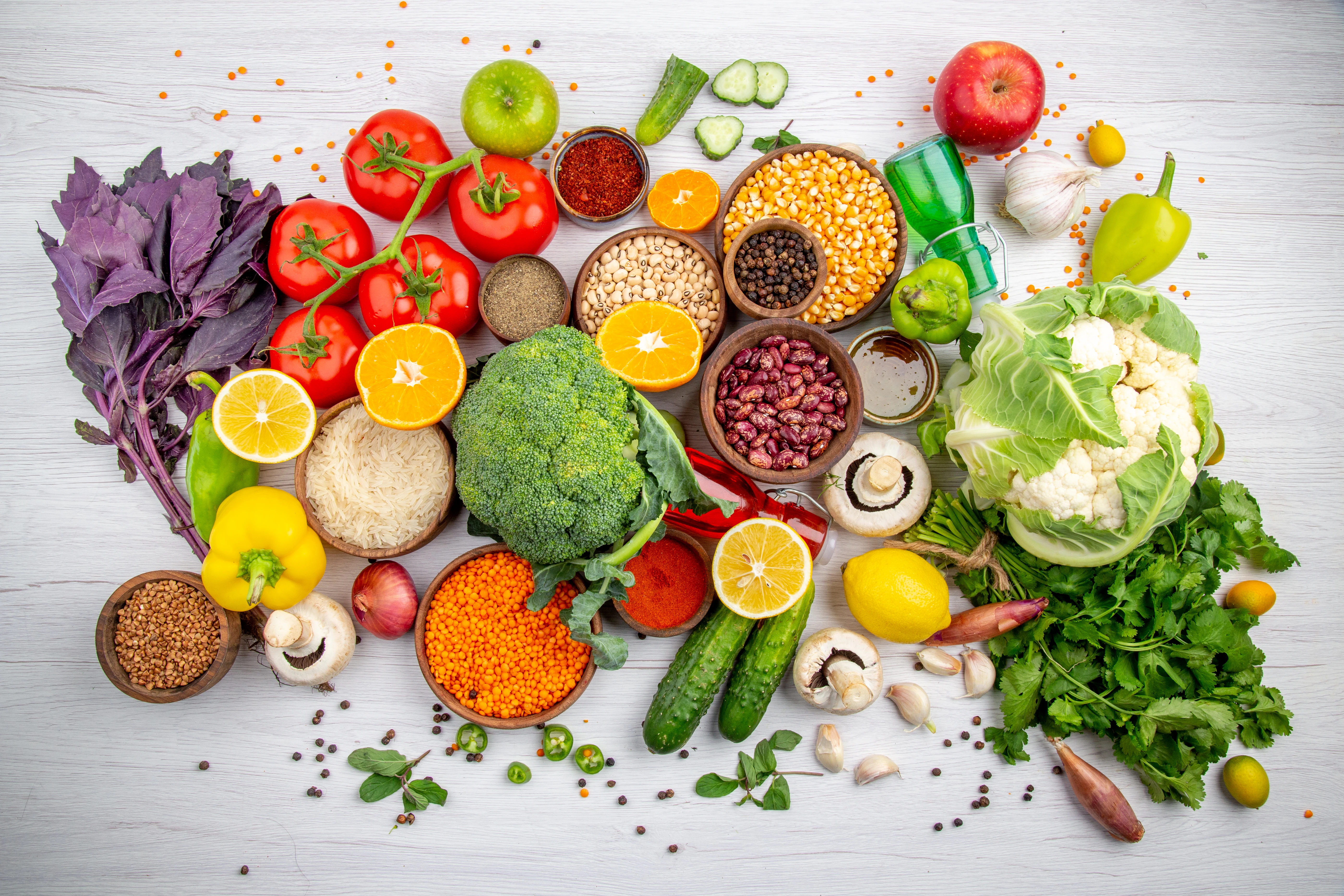how to prevent food waste in restaurants?



Anusuya Tamilrajan
Enironmental Enthusiast June 25
In today’s fast-evolving food landscape, the conversation around food and sustainability has never been more urgent. Climate change, resource scarcity, population growth, and food waste are pressing challenges prompting governments, businesses, and consumers to rethink how food is grown, processed, packaged, and consumed.
Let’s explore some practical strategies for sustainable food systems that not only secure nutrition for all but also preserve the planet for future generations.

A sustainable food system ensures food security and nutrition while minimizing environmental impact. It supports livelihoods, preserves biodiversity, and promotes equity across the food value chain from production to consumption.
Key elements include:
One of the simplest ways to promote food sustainability is by choosing local and seasonal foods. This reduces transportation emissions, supports regional farmers, and enhances freshness.
Modern agriculture is a major emitter of carbon. Transitioning to sustainable food production through regenerative farming, organic methods, precision agriculture, and agroforestry can significantly reduce this footprint.
A shocking one-third of food globally is wasted. From better storage technologies to consumer awareness campaigns and food redistribution networks, minimizing waste is crucial to building efficient sustainable food systems.
Packaging plays a key role in preserving food but often adds to the plastic problem. Brands are now investing in sustainable food packaging like compostable wraps, edible films, and reusable containers to reduce single-use plastic and improve supply chain sustainability.
The link between food and sustainability isn’t just about the environment. It intersects with public health, economic resilience, and social justice. Sustainable food systems ensure equitable access to nutritious food, protect farmer livelihoods, and reduce the ecological burden on the planet.
Consumers hold power with every purchase. Choosing certified sustainable products, reducing meat consumption, avoiding food waste, and supporting eco-conscious brands can collectively make a big difference.
For businesses, embedding sustainability across sourcing, production, packaging, and logistics is not only ethical but also it’s becoming a market necessity.
Creating sustainable food systems is a necessity for a healthier planet and population. Through innovation, collaboration, and conscious choices, we can reimagine a food future that nourishes without depleting.
#SustainableFoodSystem #FoodSustainability #StrategiesForFoodSustainability
Related Conversations